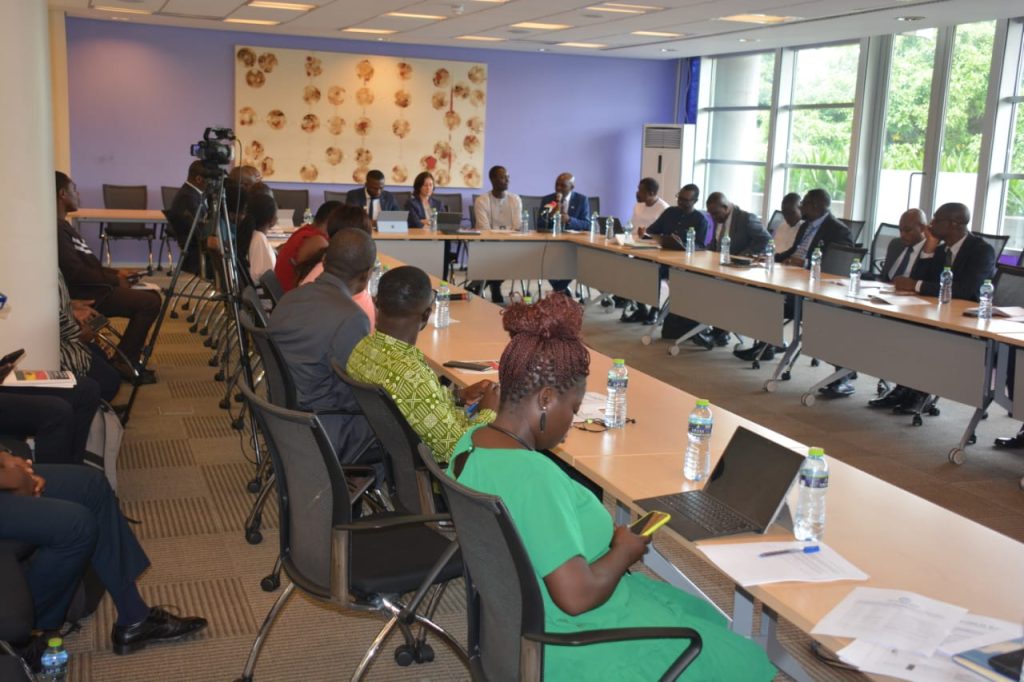By Francis Ntow
Accra, June 19, GNA – African governments have been asked to show political commitment in providing independence to Supreme Audit Institutions to ensure effective spending of public funds.
This comes on the back of findings by the 2023 World Bank on the Independence and Accountability in Governance Report.
The World Bank explained that the work of Supreme Audit Institutions helped manage scarce public resources to improve the lives of citizens, enhance perceptions of the business environment, and attract inward investments.
However, the report found that the biggest problems were on transparency in appointing the head of the Supreme Audit Institutions and financial autonomy, with Africa, scoring an average score of 6.7 out of 10 on all 10 indicators.
Speaking exclusively with the Ghana News Agency, Mr Morie Lansana, Assistant Auditor-General, Sierra Leone, said it was important for governments on the continent to act in ways that showed commitment to audit institutions.
“We need the political will to make Supreme Audit Institutions independent because whatever you may say, you must have the political will, for example, give instructions for the release of money for them to work,” he said.
“When it comes to operational independence, we’ve seen situations where in Ghana and Liberia, the Auditor General were either removed or suspended, contrary to the Constitution,” he noted.
Mr Lansana noted that it was also necessary that actions were taken from the work of the Supreme Audit Institutions because it would be through those actions on audit recommendations that citizens would feel the impact
“The internal audit is responsible for putting in place control systems, risk assessment and operations of the entity. So, if they’re not given the support, then it becomes a burden for the Supreme Audit Institutions,” he said.
The Assistant Auditor-General of Sierra Leone encouraged all stakeholders, including Civil Society Organisations (CSOs) and the media to support actions to make Supreme Audit Institutions independent.
Speaking at the launch of the Ghana report, Dr Eric Oduro Osae, Ghana’s Auditor-General, called for the strengthening of control systems by empowering internal auditors through the provision of financial and other resources.

“Let us empower internal auditors so that they would put the system in check. By that, by the time that the Supreme Audit Institutions get there, they will not have a lot of work to do” he said.
He called for attention to be paid to the management letters – which point out the weaknesses in the system – saying, “the weaknesses in the system when addressed, we can save a lot”.
Dr Oduro Osae also called for a centralised platform where reports from the Auditor-General, Internal Audit Agency, and the Public Accounts Committee (PAC) could all be assessed and deficiencies addressed.
The Independence and Accountability in Governance report was conducted using 10 indicators – constitutional/legal framework, transparency in the process for appointing the Supreme Audit Institutions head, financial autonomy, and types of audits.
Other indicators were operational autonomy, staffing autonomy, audit mandate, audit scope autonomy, access to records and information, and right and obligation on audit reporting.
GNA